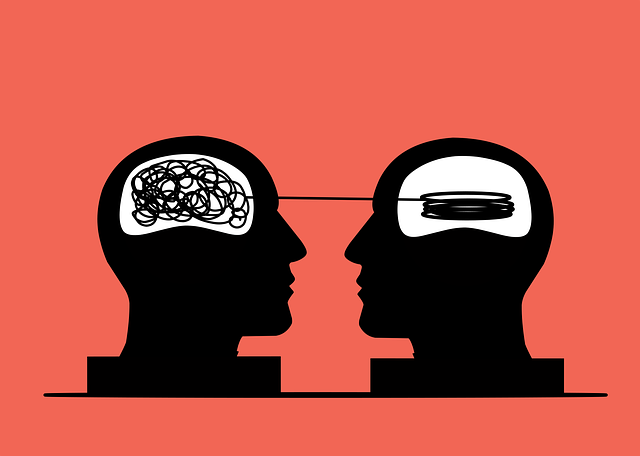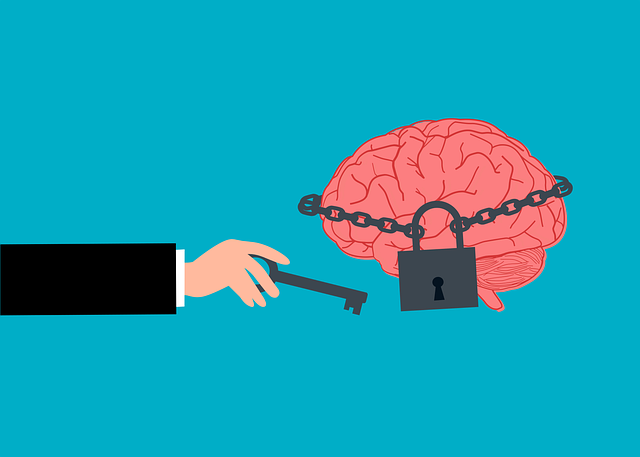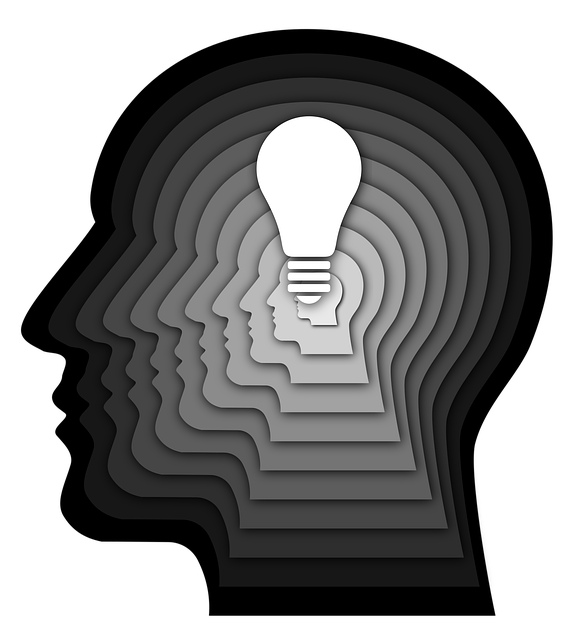Anxiety disorders significantly impact daily life, but Northglenn Eating Disorders Therapy offers effective management through various evidence-based methods. This includes self-awareness exercises, Cognitive Behavioral Therapy (CBT), mindfulness practices, and lifestyle changes like nutrition, exercise, and sleep. CBT targets negative thought patterns, while mindfulness techniques reduce stress and enhance emotional intelligence. NET's holistic approach combines therapy with support systems, addressing root causes and promoting client safety through thorough risk assessments. By integrating these strategies, Northglenn Eating Disorders Therapy empowers individuals to overcome anxiety disorders and improve overall well-being.
Anxiety is a common yet overwhelming experience that can impact daily life. This article explores effective management techniques to combat anxiety, offering a comprehensive guide for those seeking relief. From understanding the signs and symptoms to powerful therapeutic approaches like Cognitive Behavioral Therapy (CBT), we delve into practical strategies. Learn how mindfulness, lifestyle adjustments, and support systems, including Northglenn Eating Disorders Therapy, can empower individuals to manage and overcome anxiety. Discover a healthier, more serene life through these proven methods.
- Understanding Anxiety: Recognizing the Signs and Symptoms
- Cognitive Behavioral Therapy (CBT): A Powerful Tool for Managing Anxiety
- Mindfulness and Meditation Techniques to Calm the Mind
- Lifestyle Changes: Nutrition, Exercise, and Sleep for Anxiety Relief
- Support Systems and Professional Help: Overcoming Anxiety with Northglenn Eating Disorders Therapy
Understanding Anxiety: Recognizing the Signs and Symptoms

Anxiety is a common yet complex emotional state that can significantly impact an individual’s daily life and overall well-being. Recognizing the signs and symptoms is the first step towards managing it effectively. At Northglenn Eating Disorders Therapy, we often observe various indicators that people experience when dealing with anxiety. These may include feelings of restlessness, increased heart rate, difficulty concentrating, irritability, and even physical manifestations like headaches or muscle tension.
Self-awareness exercises can be a powerful tool in understanding these signs. By paying attention to your thoughts, emotions, and bodily sensations, you can gain valuable insights into triggers and patterns. Communication strategies, such as expressing feelings openly, are also beneficial for managing anxiety. Additionally, Self-esteem improvement techniques help individuals challenge negative thought patterns, fostering a more positive relationship with oneself, which is essential in combating anxiety disorders.
Cognitive Behavioral Therapy (CBT): A Powerful Tool for Managing Anxiety

Cognitive Behavioral Therapy (CBT) is a highly effective approach to managing anxiety disorders, making it a go-to treatment option for many mental health professionals in Northglenn Eating Disorders Therapy. This therapy focuses on identifying and changing negative thought patterns that contribute to anxious behaviors. By challenging distorted thoughts and replacing them with realistic ones, CBT empowers individuals to manage their anxiety symptoms effectively.
The process involves learning coping strategies to deal with triggers, which can be especially beneficial for those facing social situations or public speaking. It also encourages the development of problem-solving skills and better emotional regulation. With its structured nature, CBT provides a roadmap to understanding and overcoming anxiety, making it a valuable tool in the mental health policy analysis and advocacy space, as well as supporting efforts in public awareness campaigns development to destigmatize and educate communities about effective treatment options.
Mindfulness and Meditation Techniques to Calm the Mind

Mindfulness and meditation are powerful tools to manage anxiety and promote mental well-being. These practices encourage individuals to focus on the present moment, calming the mind and reducing racing thoughts. Through Northglenn Eating Disorders Therapy, many have found success in incorporating mindfulness into their daily routines. Simple breathing exercises, where one pays attention to each inhalation and exhalation, can help to center oneself and reduce anxiety symptoms.
Meditation practices, such as loving-kindness meditation, teach individuals to cultivate a sense of compassion and acceptance towards themselves and others. This can be especially beneficial for those struggling with stress management, as it promotes emotional intelligence and helps to regulate emotions. The Stress Management Workshops Organization often highlights mindfulness and meditation as key components in their programs, recognizing their effectiveness in navigating life’s challenges and fostering Mental Health Awareness.
Lifestyle Changes: Nutrition, Exercise, and Sleep for Anxiety Relief

Anxiety management often extends beyond therapy sessions and involves adopting healthy lifestyle changes. Proper nutrition plays a significant role in mental health; incorporating foods rich in omega-3 fatty acids, magnesium, and vitamins B and D can naturally reduce anxiety levels. Additionally, Northglenn Eating Disorders Therapy emphasizes the importance of mindful eating to cultivate emotional regulation and improve overall well-being.
Regular exercise is another powerful tool for managing anxiety. Physical activity stimulates the release of endorphins, often referred to as “feel-good” hormones, which can alleviate tension and promote a sense of calm. Moreover, establishing a consistent sleep routine is crucial; adequate rest supports emotional balance and enables effective communication strategies, including conflict resolution techniques, to be implemented during stressful situations.
Support Systems and Professional Help: Overcoming Anxiety with Northglenn Eating Disorders Therapy

Overcoming anxiety disorders is a journey that often requires a robust support system and professional guidance. Northglenn Eating Disorders Therapy (NET) stands as a beacon for individuals grappling with anxiety, offering specialized care tailored to their unique needs. The therapy focuses on evidence-based practices to address the root causes of anxiety, empowering clients to develop effective coping mechanisms.
At NET, a comprehensive approach is taken that considers not just the individual but also their social and emotional support systems. This holistic perspective acknowledges that overcoming anxiety often involves more than just therapy sessions; it requires a network of understanding family, friends, and communities. Additionally, mental health professionals at NET conduct thorough risk assessments to ensure client safety and implement policies aligned with the Mental Health Policy Analysis and Advocacy framework, emphasizing continuous care and emotional regulation strategies.
Anxiety management is a multifaceted journey that involves understanding, challenging, and reshaping our thoughts and behaviors. From recognizing signs early on to adopting evidence-based practices like CBT, mindfulness, and lifestyle changes, individuals can gain significant control over their anxiety. Northglenn Eating Disorders Therapy serves as an excellent resource for those seeking comprehensive support, combining professional guidance with tailored strategies to navigate the complexities of anxiety and foster lasting well-being.













